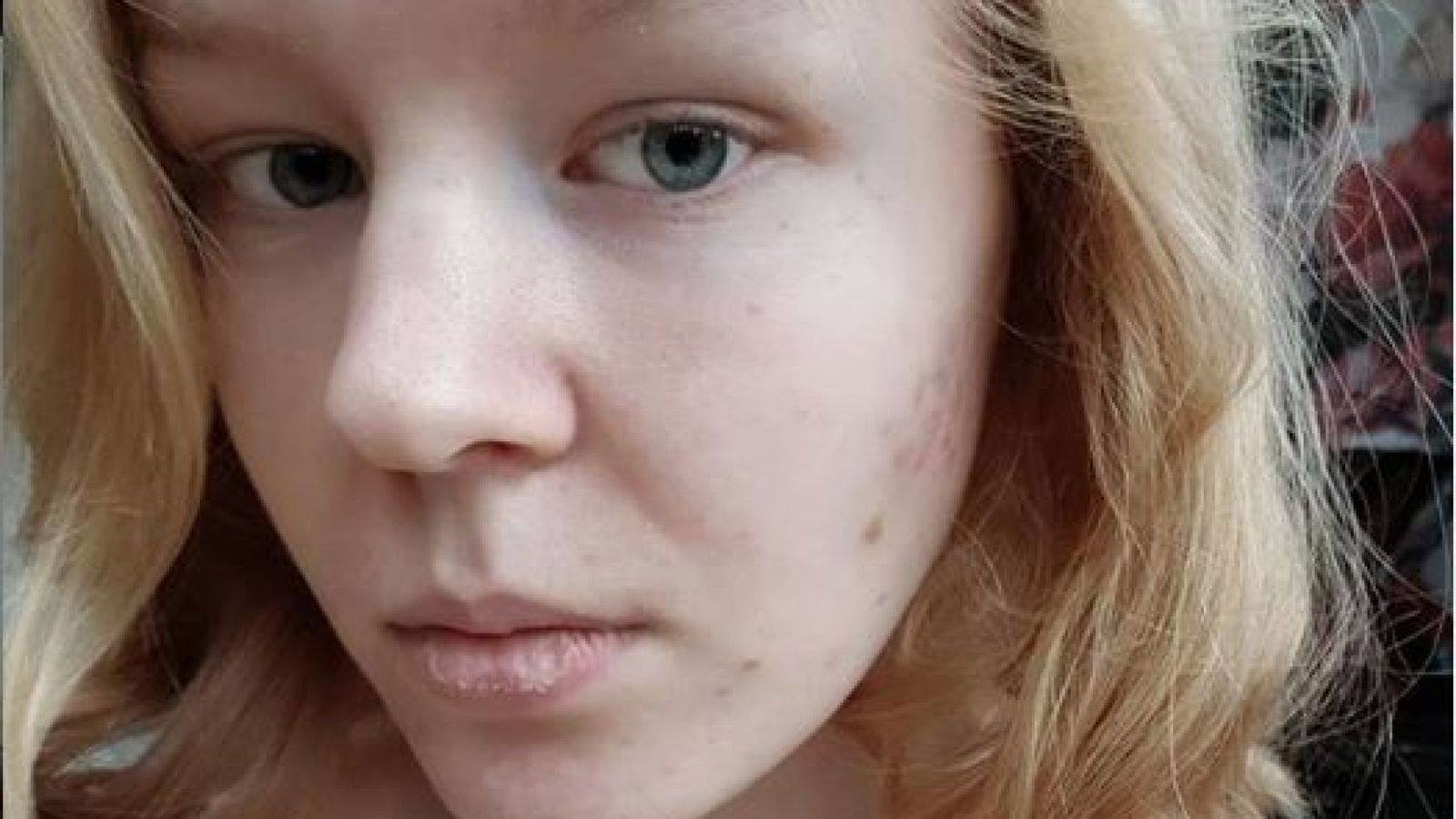
A 17-year-old girl who wrote a book about her struggle with mental illness after being molested and raped has been euthanized in the Netherlands, where she lived and assisted-suicide is legal.
Reports say Noa Pothoven chose to end her life Sunday with the assistance of an end of life clinic, Inside Edition reported.
Under Netherlands law, a doctor has to sign off on the decision after concluding that the patient’s suffering is unbearable and likely to continue, the news outlet reported.
“I deliberated for quite a while whether or not I should share this, but decided to do it anyway,” she wrote on Instagram on the day before her death, according to Inside Edition. “Maybe this comes as a surprise to some, given my posts about hospitalization, but my plan has been there for a long time and is not impulsive.”
Some people wrote me and asked what I think about this case, since I’m a psychotherapist and mental health professional.
I challenge the whole premise: “The patient’s suffering is unbearable and likely to continue.”
If THAT’S the basis for giving your professional sanction to a depressed person for ending his or her life, it’s a faulty one, at least in this case.
How can anybody know for sure that one’s suffering will continue? There are circumstances where that’s true. Terminal illness comes to mind. You’re going to die — for certain — and you face nothing but continued suffering between now and then. In such a case, it’s a certainty.
However, this young woman was depressed because of the thoughts and feelings she had about her prior rape. How can she — or anyone else — know for sure that she will continue to suffer to the same degree, as months and years go by? She is, after all, 17 — not 57 or 87.
Whatever happened to the “Survivors of Sexual Abuse Trauma” movement? Therapists and doctors used to encourage strength, stamina and recovery. Now, at least in the Netherlands, they appear as hopeless and despairing as their worst off patients. I find it shocking, frightening — and profoundly sad.
Here’s what I suspect happened. The mental health professionals/doctors who signed this order don’t want to be SEEN as lacking compassion. If they refused to give their professional sanction to letting her kill herself, they probably felt like they’re failing to feel the pain of a rape victim. They were worried about how this would make them look.
It’s not about that at all. There’s no question that you feel pain about rape. The issue is whether a doctor tells you there’s no chance of you ever feeling better. If that doctor or therapist feels he or she honestly cannot help the young woman, the doctor should say so. But the responsible thing to do would be to encourage her in finding someone who might be able to do so. Or, at the very least, not sign a form saying her suicide is medically recommended!
Am I questioning that a grown adult has a LEGAL right to commit suicide? That’s a separate question. Unlike many, I favor separation of state and morality. I don’t want the government involved. However, this young person was not a legal, fully grown adult, at least not by American standards. Legally, I’d rather see the law err on the side of giving her another year to change her mind. But at the end of the day, I will acknowledge, we either are or are not sovereign over our lives. If we are, then we have a legal right to end our lives, as a willing adult, even if the basis for ending that life is (actually or allegedly) irrational. The legal matter is a separate question. I’m talking here about the psychological and moral factors.
I won’t understate how horrible a thing it must certainly be to get raped. I have encountered many who have been through this. It’s the ultimate violation, for sure. I will leave it to people who have been raped to share their experiences on the subject, if they’re willing. But most people who are raped do, at least in my experience, recover well enough not to want to kill themselves.
I can’t help but wonder if the culprit here is the medical model of psychiatry. The medical model of psychiatry treats everything — emotions, behavior, choice, personality — as solely the result of physical, medical factors. It’s wrong. We are much more than our bodies.
This poor 17-year-old girl has been told, for years, that she has a medical illness. The professionals who signed her death warrant even officially stated that her “medical illness” of being depressed was not going to improve. How could this not have led her to a state of despair, little different from being told you have terminal cancer where survival rates are zero?
If she really believed that her depression was, in fact, a terminal medical illness rather than something she could play a role in altering herself, even if over time … is it any wonder she wanted to kill herself?
I find the decision of her medical doctors repulsive and wrong. But like I said, I think I know what they were thinking: “If I don’t let her kill herself, it will seem like I’m not compassionate about rape.”
If true, than all I can utter is a deplorable “Wow.”
Helping people see they don’t have to care about what others think — only what’s TRUE — seems to me the central job of any mental health professional or psychiatrist.
Noa Pothoven’s doctors let her down, and the consequences are irreversible.
Follow Dr. Hurd on Facebook. Search under “Michael Hurd” (Rehoboth Beach DE). Get up-to-the-minute postings, recommended articles and links, and engage in back-and-forth discussion with Dr. Hurd on topics of interest. Also follow Dr. Hurd on Twitter at @MichaelJHurd1, and see “Michael Hurd” on MeWe.
